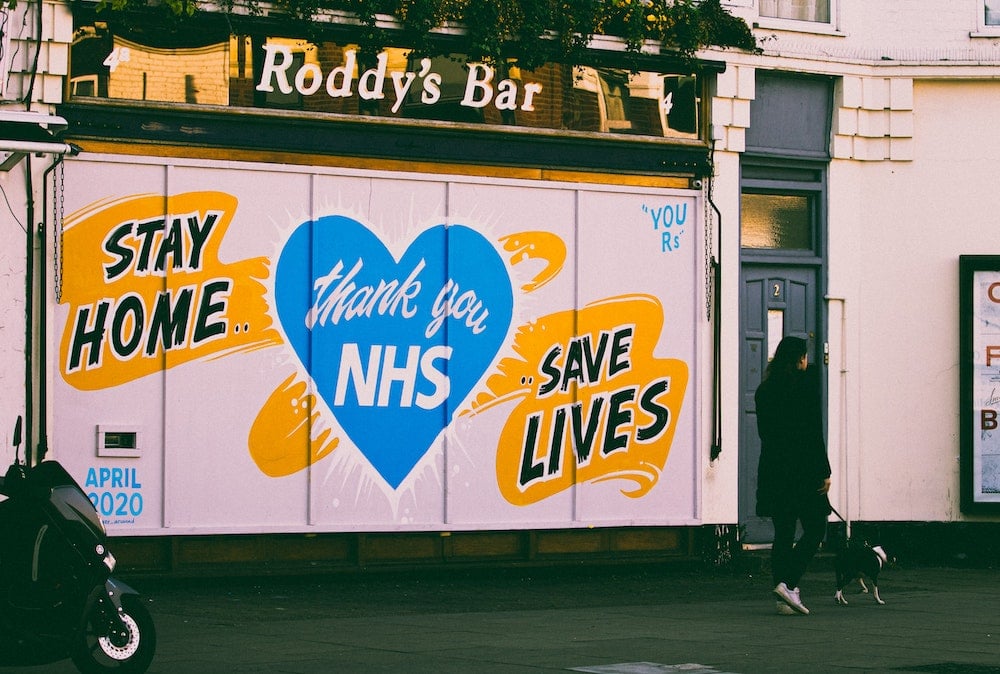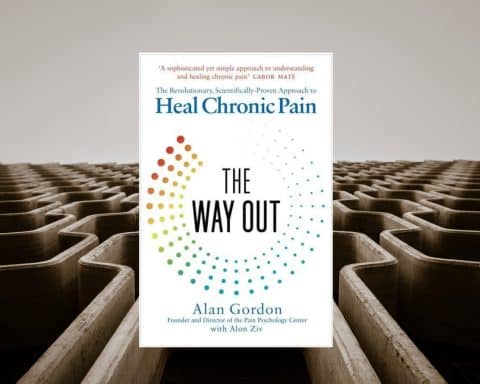 David Zigmond was a small practice GP in south London 1977-2016.
David Zigmond was a small practice GP in south London 1977-2016.
[wp_time_to_read]
The government’s decisive response to the coronavirus epidemic indicates their implicit acknowledgement of the limitations and dangers of a marketised healthcare system. What now? Is this realisation enough?
At the time of writing the government and the NHS are reeling from the dramatic suddenness of a contagious crisis for which we are largely unprepared. Like a township facing the first fierce gusts of an inevitable, massive and wrecking storm, we are hunkering down, seeking secure spaces, securing essential services and supplies, and hoping (or praying) that superhuman forces do not utterly shatter our all-too-human defences and initiatives.
Just as there are no atheists on a sinking ship, there are no free-marketeers in a pandemic
– Jonathan Freedland
The government has rapidly cleared vital paths through the forests of bureaucratic imperatives that were grown to serve the internal market.
So this contagious virus has shaken change into our system. Within a few days the necessary perspectives and needs of public health have prevailed: autarkic NHS Trust commercial finance considerations have been vaulted over; practitioner appraisals, validations and CQC inspections suspended. The responsible authorities have suddenly awoken to how we, instead, now urgently need to restore systems and services based on cooperation, trust, federation, centralised navigation and – where necessary – fiat. In this public health emergency, surely, any markets-will-decide, payment-by-results, or commissioning-by-contract type of NHS will now prove utterly incompetent and incontinent. The USA is currently a daunting example of the likely penalties of ignoring this.
***
Prior to this crisis, for many years, there has been mounting criticism of the increasingly ratcheted systems controlling finances and activity in our Welfare services: policed regulation and commercialised industrialisation. Almost all researchers and critics are agreed that such measures are largely profligate in ineffectiveness, demotivating for the workforce, and often perversely incentivising away from core tasks. In short, the reforms of our neo-liberalised reforms are stymieing, divisive, destructive and unsustainable.
What has been less clear is how best to effectively challenge and undo such a system that has rapidly developed deep institutional and financially-invested roots. As so often, abolishing a deeply flawed modus operandi is proving much more difficult than creating one.
It has taken the most primitive and alien of lifeforms – a virus – to bring this clear vision to our government … at least for now, to our public health.
***
Will the government, in our post-COVID-19 world, have the courage and wisdom to extend this abrogation beyond public health, in particular to our more personal pastoral healthcare? This is a vital question because the inaptness of our commodified and commercialised fragmentation of services is quite as evident (albeit less dramatic) at the opposite end of the healthcare system: our pastoral healthcare — the skilled art and humanity of medicine — how we may best guide, comfort, contain and palliate those sufferings that cannot be quickly and decisively ‘fixed’ by technology. Notably, and surprising to many, that’s most of our healthcare in normal times: ageing, mental health, chronic disease, all that is developmental or stress-related. It’s a vast area that doesn’t fit with our packaging, trading and fixing concepts of healthcare reform, so it has received cumulative misunderstanding and neglect. This is especially so now as our anxious attention is, understandably, mostly focused on our public health. The fact that pastoral healthcare is so often meaningfully indivisible from social care compounds our administrative and funding difficulties.
Government is awakening to how unsuited a marketised system is to provide a responsive and flexible public health capacity.
***
So government is awakening to how unsuited a marketised system is to provide a responsive and flexible public health capacity. What is unravelling now in the USA is a stark illustration of this: they are tragically less able to override this deep-rooted, now cultural, handicap.
Will government now, also belatedly, see the similar hazardous unviability in our pastoral healthcare? Here a double jeopardy has decimated our general practice and mental health services: squeezed between commerced commodification and depersonalised industrialisation how can their professional élan vitale — their connecting heart, art and spirit — ever flourish or even survive?
Maybe this invisible, lethal virus will help us see what is, in fact, humanly all-too-evident.






